detail profile takeshi kat c5 8d
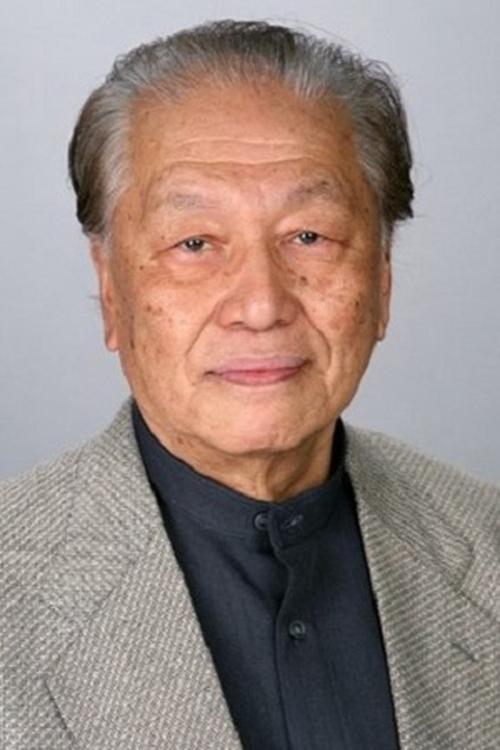
Takeshi Katō
Takeshi Kato
atau dikenal sebagai
Peran Yang Di Mainkan Takeshi Katō
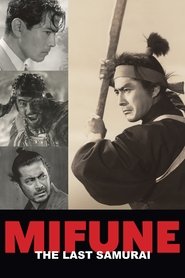 An account of the life and...
An account of the life and...Mifune: The Last Samurai 2016
An account of the life and work of legendary Japanese actor Toshirō Mifune (1920-97), the most prominent actor of the Golden Age of Japanese cinema.
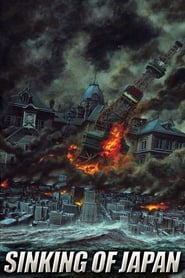 In the aftermath of a major...
In the aftermath of a major...Japan Sinks 2006
In the aftermath of a major earthquake, scientists predict that Japan will sink into the sea. As further disasters follow, politicians plead with other countries to take refugees, while scientists struggle to save Japan itself.
 Originally released in Japan as The...
Originally released in Japan as The...Godzilla 1985 1985
Originally released in Japan as "The Return of Godzilla" in 1984, this is the heavily re-edited, re-titled "Godzilla 1985". Adding in new footage of Raymond Burr, this 16th Godzilla film ignores all previous sequels and serves as a direct follow-up to the 1956 "Godzilla King of the Monsters", which also featured scenes with Burr edited into 1954's "Godzilla". This film restores the darker tone of the original, as we witness the nuclear destruction of giant lizard terrorizing Japan.
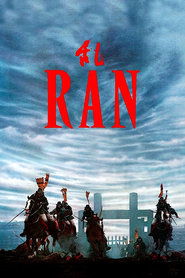 With Ran legendary director Akira Kurosawa...
With Ran legendary director Akira Kurosawa...Ran 1985
With Ran, legendary director Akira Kurosawa reimagines Shakespeare's King Lear as a singular historical epic set in sixteenth-century Japan. Majestic in scope, the film is Kurosawa's late-life masterpiece, a profound examination of the folly of war and the crumbling of one family under the weight of betrayal, greed, and the insatiable thirst for power.
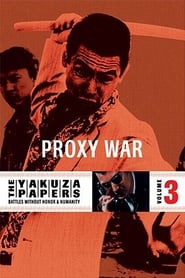 Shozo Hirono has managed to separate...
Shozo Hirono has managed to separate...Battles Without Honor and Humanity: Proxy War 1973
Shozo Hirono has managed to separate from the Yamamori family and create his own small family, and extend his circle of acquaintances. These new friendships include a powerful underboss of the Muraoka family, Noboru Uchimoto.
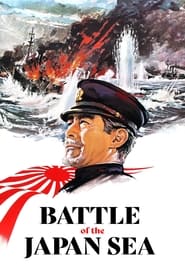 Japan and Russia clash in what...
Japan and Russia clash in what...Battle of the Japan Sea 1969
Japan and Russia clash in what comes to be known as the Russo-Japanese War. An attempt by the Japanese fleet and army to take Port Arthur fails, and a Russian fleet bears down on the Sea of Japan. Admiral Heihachiro Togo sends his fleet to confront the Russians, with results which stun both nations. Meanwhile, Major Genjiro Akashi makes secret negotiations with the Bolshevik revolutionaries in Russia, negotiations that have repercussions far beyond the conflict at hand.
 Following the detonation of the atomic...
Following the detonation of the atomic...Japan's Longest Day 1967
Following the detonation of the atomic bombs on Hiroshima and Nagasaki, the Japanese military and the government clash over the demand from the Allies for unconditional surrender. Minister of the Army Anami leads the military officers who propose to fight on, even to the death of every Japanese citizen. Emperor Hirohito, however, joins with his ministers in asking the unthinkable, the peaceful surrender of Japan. When the military plots a coup to overthrow the Emperor's civilian government, Anami must face the choice between his desires and loyalty to his Emperor.
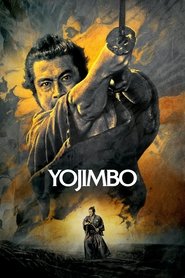 A nameless ronin or samurai with...
A nameless ronin or samurai with...Yojimbo 1961
A nameless ronin, or samurai with no master, enters a small village in feudal Japan where two rival businessmen are struggling for control of the local gambling trade. Taking the name Sanjuro Kuwabatake, the ronin convinces both silk merchant Tazaemon and sake merchant Tokuemon to hire him as a personal bodyguard, then artfully sets in motion a full-scale gang war between the two ambitious and unscrupulous men.
 In this loose adaptation of Hamlet...
In this loose adaptation of Hamlet...The Bad Sleep Well 1960
In this loose adaptation of "Hamlet," illegitimate son Kôichi Nishi climbs to a high position within a Japanese corporation and marries the crippled daughter of company vice president Iwabuchi. At the reception, the wedding cake is a replica of their corporate headquarters, but an aspect of the design reminds the party of the hushed-up death of Nishi's father. It is then that Nishi unleashes his plan to avenge his father's death.
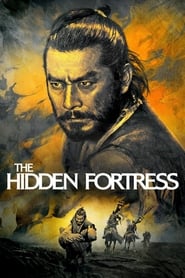 In feudal Japan during a bloody...
In feudal Japan during a bloody...The Hidden Fortress 1958
In feudal Japan, during a bloody war between clans, two cowardly and greedy peasants, soldiers of a defeated army, stumble upon a mysterious man who guides them to a fortress hidden in the mountains.
 Saheji a manabouttown gets stuck at...
Saheji a manabouttown gets stuck at...A Sun-Tribe Myth from the Bakumatsu Era 1957
Saheji, a man-about-town, gets stuck at a high-class brothel when he can’t pay the bill. He makes the best of his situation by performing various tasks amidst the tumult of the end of the shogunate—but always by making sure to get a “commission” for his troubles.
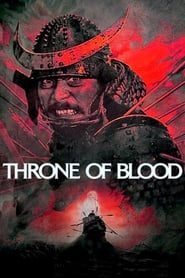 Returning to their lords castle samurai...
Returning to their lords castle samurai...Throne of Blood 1957
Returning to their lord's castle, samurai warriors Washizu and Miki are waylaid by a spirit who predicts their futures. When the first part of the spirit's prophecy comes true, Washizu's scheming wife, Asaji, presses him to speed up the rest of the spirit's prophecy by murdering his lord and usurping his place. Director Akira Kurosawa's resetting of William Shakespeare's "Macbeth" in feudal Japan is one of his most acclaimed films.
 A blind female assassin lives alone...
A blind female assassin lives alone...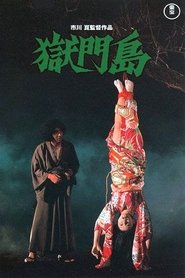 A scruffy detective investigates the murders...
A scruffy detective investigates the murders...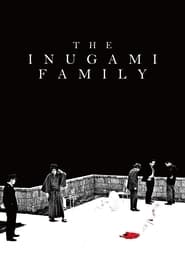 When a tycoon passes away he...
When a tycoon passes away he...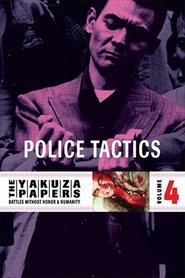 As Japan gears up for the 1964...
As Japan gears up for the 1964... In the teeming black markets of...
In the teeming black markets of...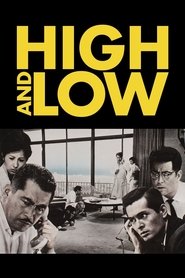 In the midst of an attempt...
In the midst of an attempt...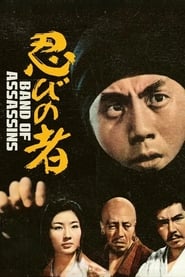 Warlord Oda Nobunaga seeks to unite...
Warlord Oda Nobunaga seeks to unite...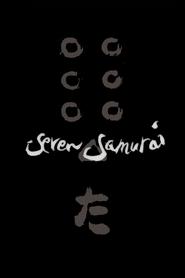 A samurai answers a villages request...
A samurai answers a villages request...